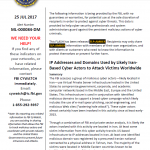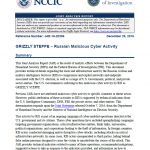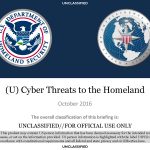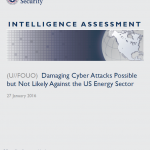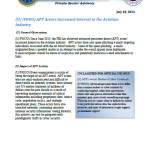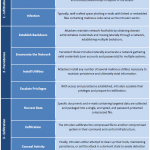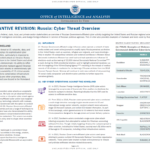
This Intelligence In View provides federal, state, local, and private sector stakeholders an overview of Russian Government-affiliated cyber activity targeting the United States and Russian regional adversaries, including disruptive or destructive cyber activity, cyber espionage in support of intelligence collection, and malign foreign influence in service of Russian political agendas. This In View also provides examples of malware and tools used by Russian Government-affiliated cyber actors.


